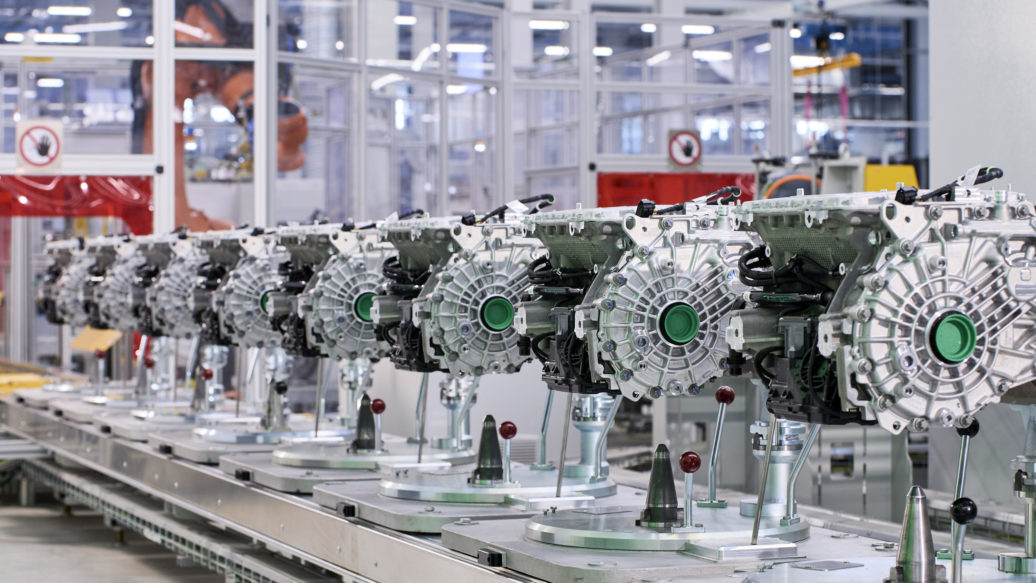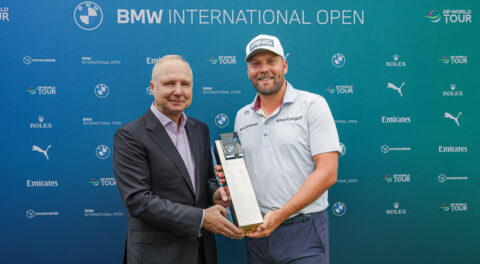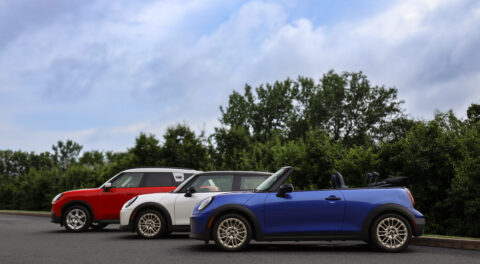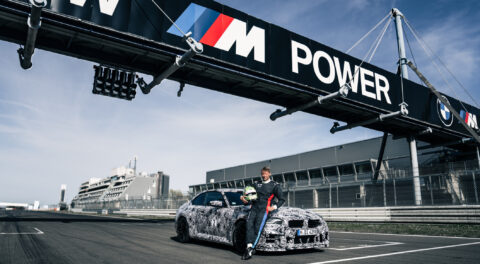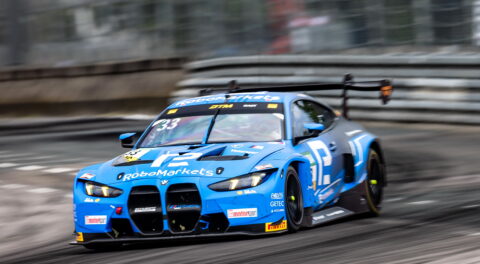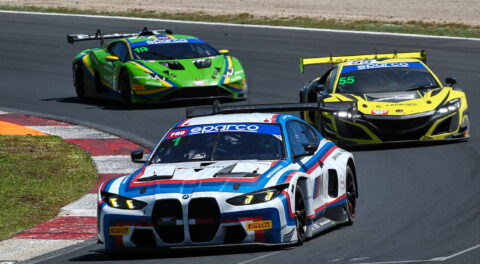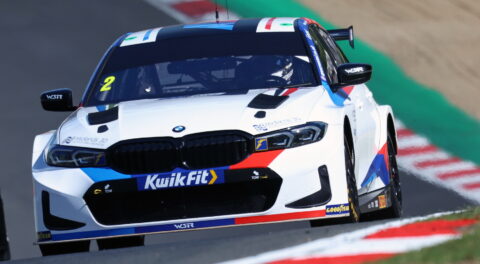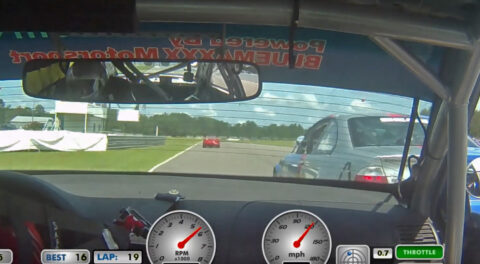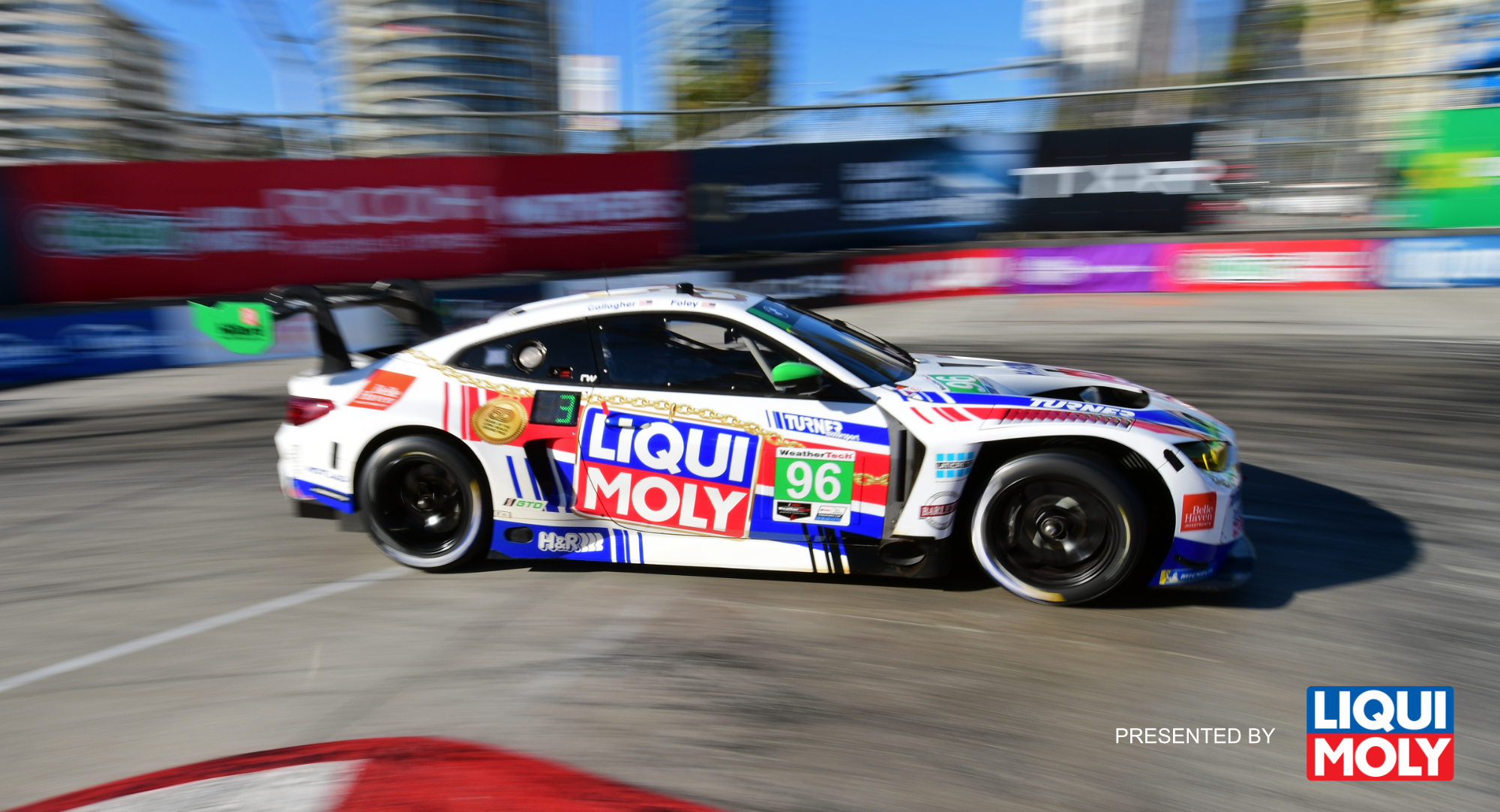BMW is building more electric drive motors ahead of full-scale i4 and iX production, and it’s happening at BMW Group Plant Dingolfing. The effort coincides with the start of battery production at Group Plans Leipzig and Regensburg, which initiated manufacturing during April and May of 2021. It also comes after battery and motor production capacity were expanded at Dingolfing during 2020, following the announcement that the facility would transform ahead of the reveal of BMW’s flagship effort, the iX.
It’s all to prepare for the eventuality of BMW Group Plant Dingolfing producing electric drivetrains for 500,000 vehicles each year from 2022 on. To achieve this, BMW is investing more than 500,000,000 euros in the facility, or approximately $610,000,000 at the time of this writing, a process which started in 2020 that will continue until next year. The investment is part of a broader transformative effort which is seeing 790,000,000 euros, or more than $960,000,000, directed toward the expansion of electric drivetrain component production at plants Dingolfing, Leipzig, Regensburg, and Steyr from now until 2022.
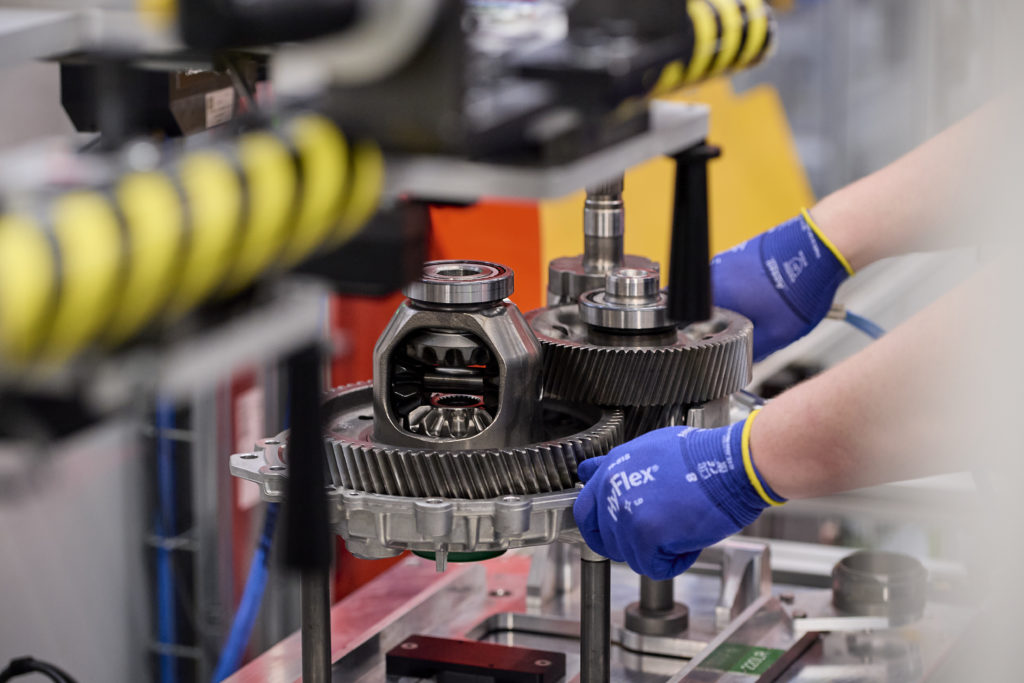
“We expect at least 50% of the vehicles we deliver to our customers worldwide to be electrified by 2030. To achieve this, we are relying on our extensive in-house drive trainexpertise: We are increasing capacity at existing drivetrain production locations—like here in Dingolfing—and developing capabilities at others—like recently in Regensburg and Leipzig,” explained Dr. Michael Nikolaides, senior vice president, production engines and eDrives, BMW Group.
The fifth-generation electric motors BMW uses are based on an excited-current design, and do not require rare-earth metals in their construction. The motors are powered by battery modules using state-of-the-art prismatic cells which are produced exclusively using renewable energy. Battery modules differ depending on their intended vehicle application, but are built on a scalable manufacturing line using flexible systems. BMW develops and produces battery cell prototypes in-house to specific standards which vary based on their application, unlike other manufactures which may use generic, non-proprietary cells that are likely to find themselves in a variety of different vehicles.
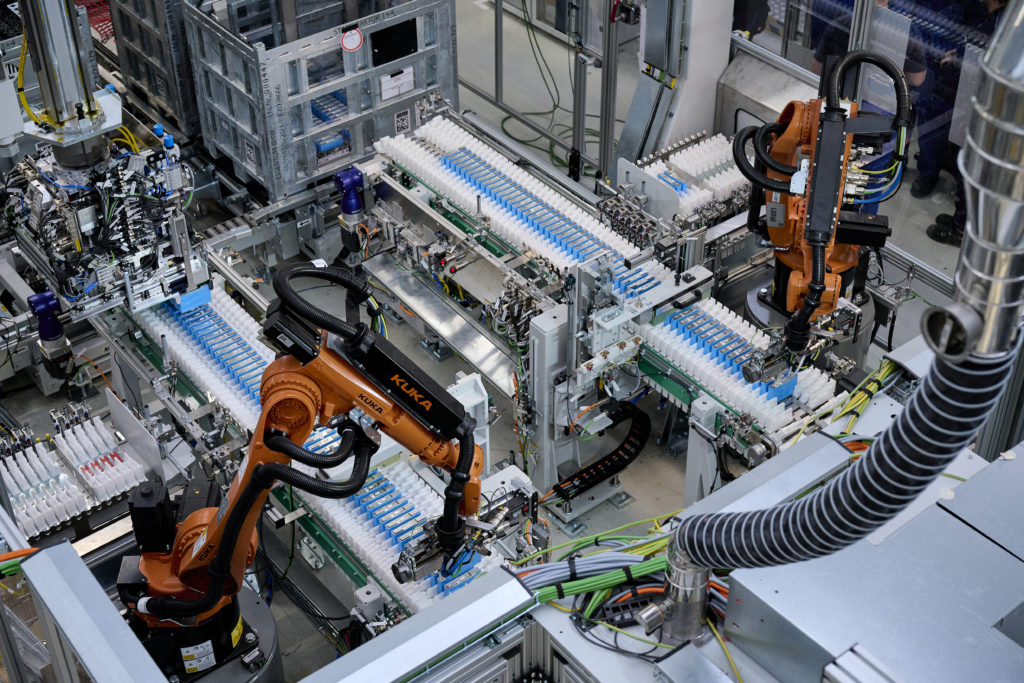
BMW has been manufacturing batteries at Dingolfing since 2013, ahead of the arrival of the i3 which is now on sale in its eighth model year. Today, batteries and eDrive units produced at Dingolfing originate from the Competence Center for eDrive production, where they are both initially conceived, developed, and tested, and eventually manufactured. More than 1,300,000 square-feet are dedicated to the space, which has been producing batteries for the Mini Cooper SE since 2019, and the iX3 since 2020.
The Competence Center currently employs a staff of 1,400, which is slated to grow to 1,900 by the end of 2021. Among other methods of continuing to educate its workforce, technicians are trained at an internal learning center using augmented and virtual reality, the latter of which BMW also uses for the prototyping process. The facility includes a cafeteria with seating for 300 and an 800-vehicle parking lot. Beginning later this year, vehicles used for intra-company goods transportation will be electric.
“We are growing our staff for e-drive production almost exclusively through personnel restructuring. We are actively shaping the transformation process and leveraging our employees’ skills so we can develop long-term, sustainable jobs,” said Nikolaides.
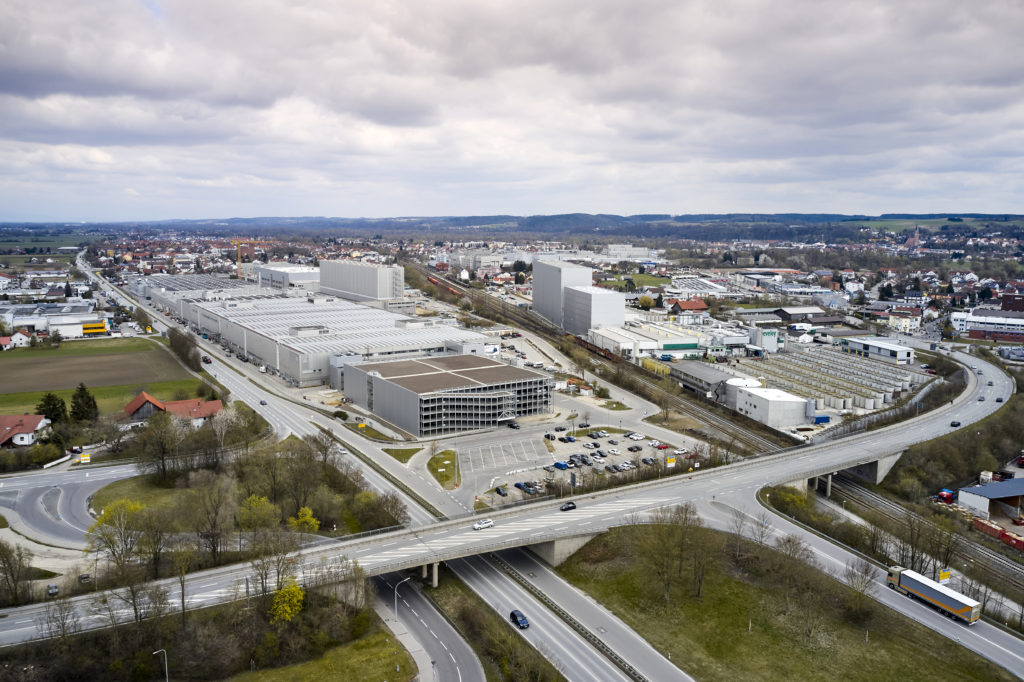
With Dingolfing joining the battery production network in its latest, expanded form, BMW has completed some of the most difficult and daunting tasks associated with transitioning to electric drivetrain production. BMW is now a global manufacturer of electric drivetrains including batteries, motors, and housings, and the chain is concentrated in Germany. Nevertheless, the automaker is already focused on the next step, the use of solid-state batteries, which BMW is pursuing both independently and jointly.—Alex Tock
[Photos courtesy BMW AG.]

